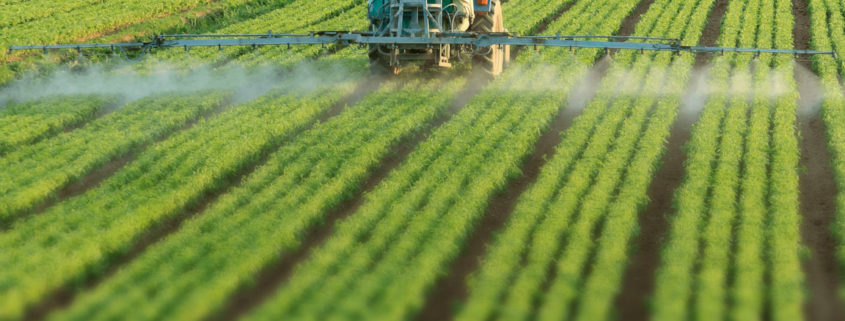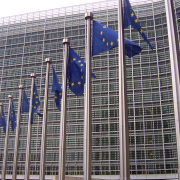The herbicide, glyphosate, should not be classified as a carcinogen, concludes the Risk Assessment Committee (RAC) of the European Chemicals Agency (ECHA).
Its assessment of hazard classifications for the active ingredient concludes that the available scientific evidence does not meet the criteria for classification as a carcinogen, mutagen or toxic for reproduction.
The opinion will be significant for the ongoing deliberations on the renewal of glyphosate’s EU approval. The scientific evidence to support the renewal is “overwhelming”, says the industry-led Glyphosate Task Force (GTF).
In an opinion adopted on March 15th, the RAC agreed to maintain the EU harmonised classification of glyphosate as a substance causing serious eye damage and being toxic to aquatic life with long-lasting effects. It rejected a proposal from the ai’s rapporteur member state, Germany, for an additional classification for specific target organ toxicity through repeated exposure, due to insufficient scientific evidence.
The ECHA’s opinion has been keenly awaited and will be forwarded for consideration by the European Commission and EU member states. Last summer, member states were unable to agree on Commission proposals to renew glyphosate’s approval because of concerns raised after the UN WHO’s International Agency for Research on Cancer (IARC) said that the ai was “probably” carcinogenic.
In response, the Commission extended the ai’s existing approval until the ECHA’s opinion could be included in the discussions. The Agency’s view that glyphosate is not carcinogenic joins similar opinions by the European Food Safety Authority (EFSA) and the FAO/WHO Joint Meeting on Pesticide Residues (JMPR).
GTF chairman Richard Garnett notes that the RAC’s conclusion reinforces other evaluations of glyphosate conducted by regulatory authorities around the world. On the basis of the RAC’s “robust” assessment, “there is now no barrier to member states renewing the approval for glyphosate in the EU”, he says.






